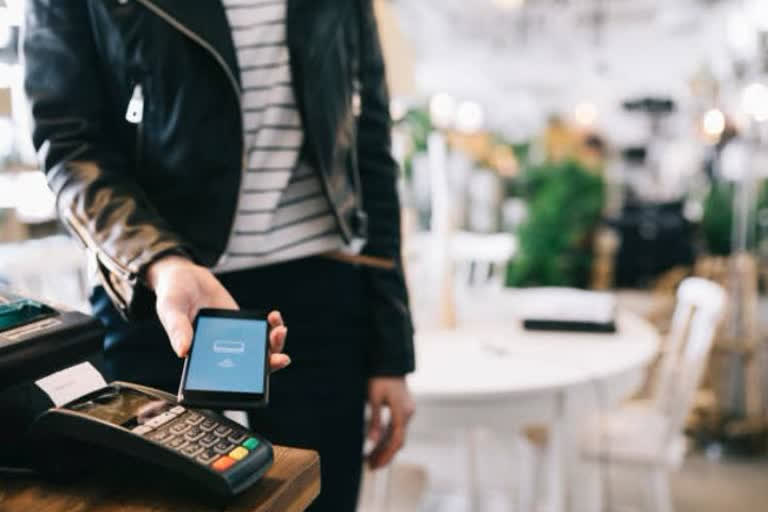New Delhi: Industry body Assocham on Sunday said it has urged the government as well as RBI to increase the limit of contact-less payments on PoS machines to Rs 5,000 from the current Rs 2,000 in view of coronavirus outbreak.
In a statement, the chamber said inter-operability of digital transactions is among the other recommendations it has made to the finance ministry and RBI for further boosting digital payment, which is "playing a savior" amid the lockdown.
"The objective is to help the government further push adoption of digital payments among the masses and merchants so as to advance and maintain social distancing in this critical scenario. These times have drawn attention to the safety and cleanliness of basic activities," said Assocham Secretary General Deepak Sood in the letters to the Finance Minister and RBI Governor.
Further deployment of technology platforms like VPA, IFSC, SWIFT Code can be effectively used for money transactions, which may include remittances to Indian students studying in some of the countries, worst affected by Covid-19 outbreak, he said.
For facilitating trade, the chamber said e-payments should be facilitated for all the channels by issuing Bharat QR code.
Read more: COVID-19: India’s richest person loses Rs 1.4 lakh crore in two months
Besides, all cards, newly issued or re-issued, should be activated with Domestic Card-Not-Present [CNP] and contact-less transaction options, it added.
Currently, transactions up to Rs 2,000 using contactless cards through tap and pay mode are allowed without PIN.
"In view of the ongoing pandemic situation, transactions up to Rs 5,000 may be considered without the requirement of PIN, irrespective of whether the card is a contact-less card or not," the chamber said.
The increase in contactless transaction limit may be considered for a limited period of 6 months, it added.
Assocham also recommended that the NBFCs be given licences to issue credit cards to the SMEs, a move which can help the small and medium firms with their working capital for short periods.
(PTI Report)



